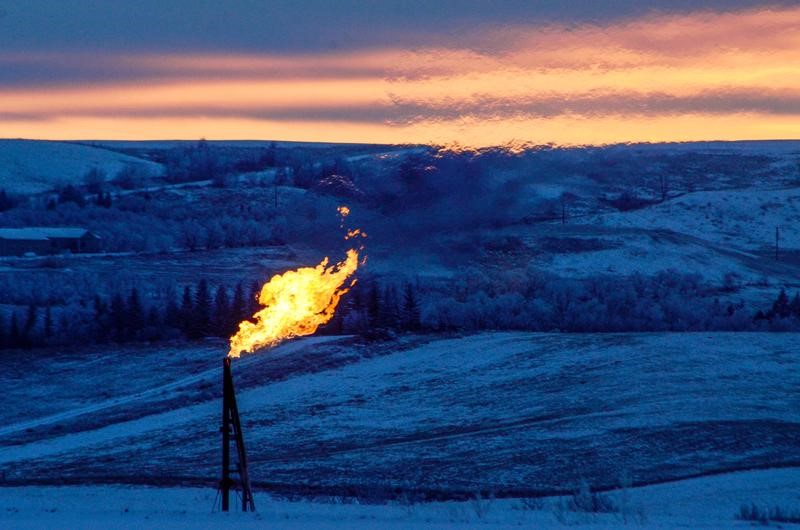By Keith Wallis Henning Gloystein
SINGAPORE (Reuters) - Oil prices fell in Asian trade on Wednesday, reversing earlier gains, as doubts re-emerged over whether OPEC would agree to a crude oil production cut at a ministerial meeting next week.
A strong dollar, which traded near the 13 1/2-year peak hit last week, also weighed on prices amid thin trading ahead of the U.S. Thanksgiving holiday on Thursday.
International Brent crude oil futures (LCOc1) fell 13 cents to $48.99 a barrel at 0657 GMT after climbing to $49.42 a barrel earlier in Wednesday's session on optimism OPEC would agree to an output cut.
Reuters commodities analyst Wang Tao said that Brent could rise to $49.85 per barrel, a level marked by several technical resistance factors.
U.S. West Texas Intermediate (WTI) crude oil futures (CLc1) dropped 13 cents to $47.90 a barrel after rising to $48.30 earlier on Wednesday.
"The reason prices fell is renewed concern by traders in the ability of producers to reach agreement with Iran and Iraq on production cuts," said Ric Spooner, chief market analyst at CMC Markets in Sydney.
Wednesday's lethargy came after oil prices rallied earlier this week. Traders had anticipated the Organization of the Petroleum Exporting Countries (OPEC) would successfully implement a production cut at its Nov. 30 meeting in order to prop up prices.
With oil output among OPEC members running at around 34 million barrels a day, the market is suddenly looking at substantial cuts to get back to the level of 32 million to 33 million barrels a day when production curbs were first mooted earlier this year, Spooner said.
The OPEC gathering will debate an oil output cut of 4 to 4.5 percent for all of its members except Libya and Nigeria next week but the deal's success hinges on an agreement from Iraq and Iran, which may not give a full backing, three OPEC sources said Tuesday.
"The best case out of the OPEC meeting is an agreement to get production back to the 33 million barrel levels. I think if that happens there is scope to see oil surge up into the mid-$50s a barrel at least temporarily," Spooner said.
Short-term though, analysts said that investors were currently unwilling to push crude prices to $50 a barrel or higher.
"Their reticence is understandable given that longs (long positions) put on above that level have not ended well in recent times," said Jeffrey Halley, a senior market analyst at OANDA brokerage in Singapore.
"Tonight's (U.S.) EIA Crude Inventory numbers should provide a welcome, albeit temporary sideshow to the OPEC main event. Otherwise, we expect Asia to continue the sideways trading ranges," Halley said.
The Energy Information Administration (EIA) is due to publish official U.S. crude oil and refined product inventory data later on Wednesday.
U.S. crude stockpiles are expected to rise by 700,000 barrels, according to the latest Reuters poll, while distillates will fall and gasoline will rise.
